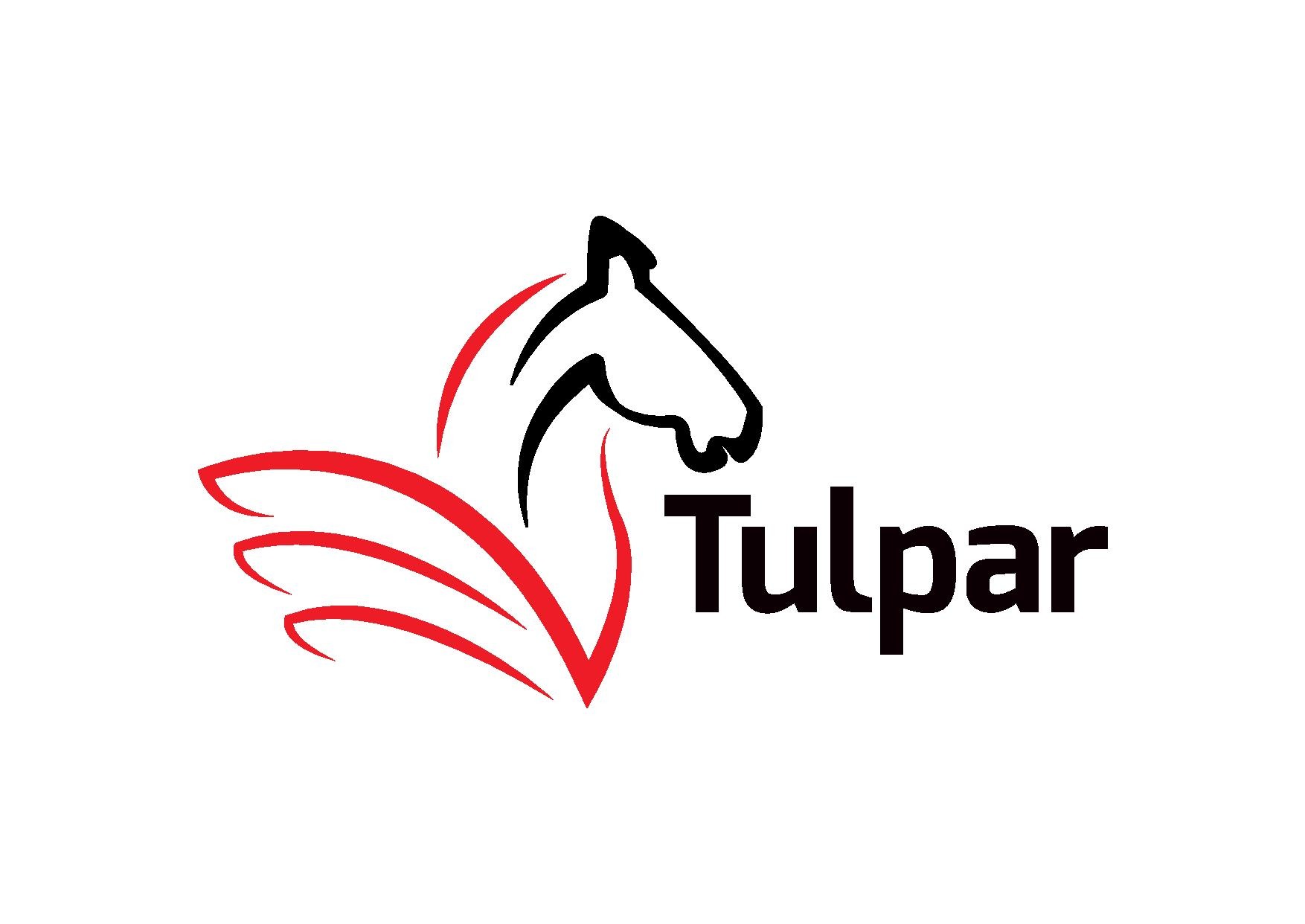Approved by Federal Tax Authority (FTA)
- Mon - Fri: 8:00 am - 6:00 pm
UBO Advisory
UBO Advisory
In today’s intricate regulatory landscape, managing Ultimate Beneficial Ownership (UBO) is essential for ensuring compliance and fostering transparency. UBO advisory involves a thorough process of identifying and disclosing the individuals who ultimately own or control a company. This entails a detailed analysis of ownership structures to provide clear insights into who holds significant control and decision-making authority within the business. Effective UBO advisory not only helps in meeting legal requirements but also enhances transparency, which is crucial for building trust with stakeholders and regulatory authorities.
Navigating UBO requirements can be complex due to the need for detailed analysis and adherence to evolving regulations. Tulpar Global Taxation offers expert guidance throughout this process, ensuring that your UBO practices are both compliant and strategically aligned with your business objectives. We provide comprehensive support from initial assessment to ongoing management, simplifying the complexities of UBO compliance and integrating these practices into your broader business strategy for optimal results.

Benefits of UBO Advisory
- Regulatory Compliance: Ensures adherence to local and international regulations regarding ownership transparency and disclosure.
- Risk Mitigation: Helps identify and address potential risks related to ownership structures, reducing the likelihood of legal and financial issues.
- Enhanced Transparency: Provides clear insights into ownership and control, building trust with stakeholders and regulatory authorities.
- Improved Corporate Governance: Supports better management of ownership structures, leading to more effective corporate governance and decision-making.
- Strengthened Market Position: Demonstrates commitment to transparency and ethical practices, enhancing your reputation and competitive edge.
Benefits of UBO Advisory
- Reduced Tax Liability: Through effective tax planning, your business can take advantage of tax deductions, exemptions, and incentives, ultimately reducing the overall tax burden.
- Improved Financial Performance: By minimizing tax liabilities, your business can retain more profits, enabling reinvestment into growth initiatives.
- Enhanced Compliance: Proactive tax planning ensures that your business remains compliant with the latest UAE tax laws, avoiding costly penalties and legal issues.
- Risk Mitigation: Identifying and addressing potential tax risks before they become problems protects your business from unforeseen challenges.
- Strategic Financial Insights: By understanding the tax implications of various strategies, you can optimize resource allocation and drive better overall financial management, setting a solid foundation for sustainable growth and long-term success.


Why Choose Tulpar Global Taxation?
At Tulpar Global Taxation, we understand that every business is unique, and so are its tax planning needs. Our team of experienced tax consultants is dedicated to helping you navigate the complexities of corporate tax in Dubai. We offer personalized tax planning strategies that are tailored to your specific business objectives, ensuring that you achieve optimal tax efficiency while staying fully compliant with UAE regulations.
- Strategic Insights: We provide strategic insights into tax-saving opportunities and financial planning, helping you make informed decisions that maximize your tax benefits and support your long-term business goals.
- Proactive Approach: Our proactive approach involves anticipating potential tax challenges and opportunities, allowing us to implement effective strategies that adapt to changes in your business environment and regulatory landscape.
- Expert Knowledge: Our professionals have extensive knowledge of UAE tax laws and stay updated with the latest regulatory changes.
- Tailored Solutions: We provide customized tax planning services that align with your business goals and financial strategies.
- Comprehensive Support: From tax planning to implementation, we guide you every step of the way to ensure successful outcomes.
PARTNER WITH TULPAR GLOBAL TAXATION
Effective UBO advisory is essential for regulatory compliance, transparency, and strategic business management. Tulpar Global Taxation is here to support you through every aspect of UBO advisory, offering the expertise and resources needed to achieve clarity and compliance. Our team is dedicated to helping you navigate the complexities of beneficial ownership with confidence and efficiency.
By partnering with Tulpar Global Taxation, you gain access to expert guidance that can significantly impact your UBO practices and overall business strategy. Don’t navigate the complexities of UBO advisory alone — Contact Us today to learn how we can assist you in achieving optimal compliance and transparency. Reach out to us now and take the first step towards a clearer and more compliant business structure.

